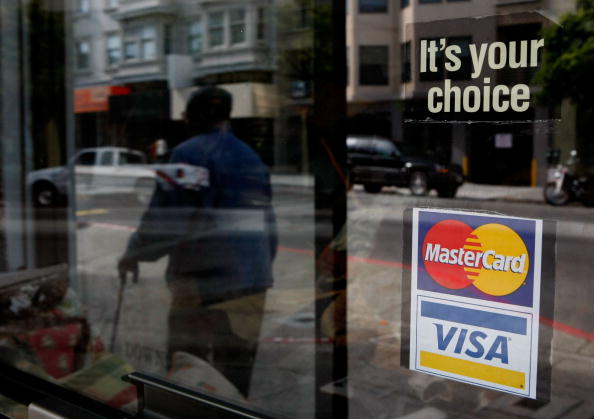
At some point in your life you will be in a place where you have to consider a first time credit card. This is a card that is going to help you design the financial future you are looking for. Ask yourself what it is you want out of your future. Do you want financial freedom and independence, or debt so high you can’t breathe each and every month? The answer seems obvious, but it’s often much more complex and complicated than just answering this question. You have to live the answer. You have to ignore the desires of your inner materialistic self and make good financial decisions that will impact your future in a positive manner. When it comes to applying for a first time credit card, here are three things you should know about how that card can change your future; and the first is that it’s not the card that will change your future – it’s you and your ability to use the card wisely.
Every Payment Counts
Paying just one day late, while it might not seem like a big deal to you, is a big deal to your credit card company. They’re not going to report you to the credit bureau unless you’re slightly later than this, but they are going to change your interest rate and the terms of their relationship agreement with you. This means your card will become more expensive to use and you will find that this is an inconvenience.
Interest Rates Don’t Matter…
…as much as you think. While a low rate is always good, you should be paying your card off in full each month anyway. This means that the interest rate attached to your card is moot. If you’re paying it off in full, the amount doesn’t matter. That does not mean, however, you shouldn’t take the rate into consideration in case of some sort of unforeseen emergency in your future; but it’s not the most important aspect of your card.
The Balance is Important
Something that is never taught to young people with their first cards is that their balance is important. It’s vital that you keep this in mind. Ideally, no balance is the best balance. However, anything less than 30% of your credit limit is best. Anymore than that it has a negative impact on your credit rating.
Photo by Justin Sullivan/Getty Images

Comments
Loading…